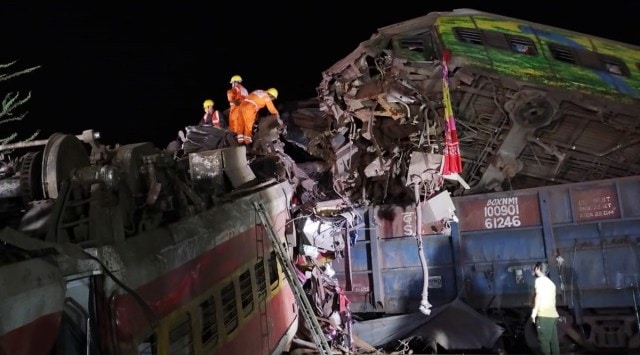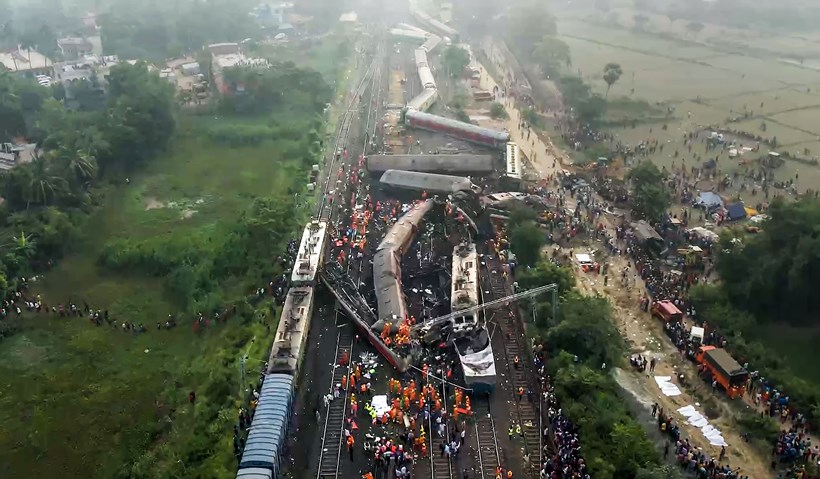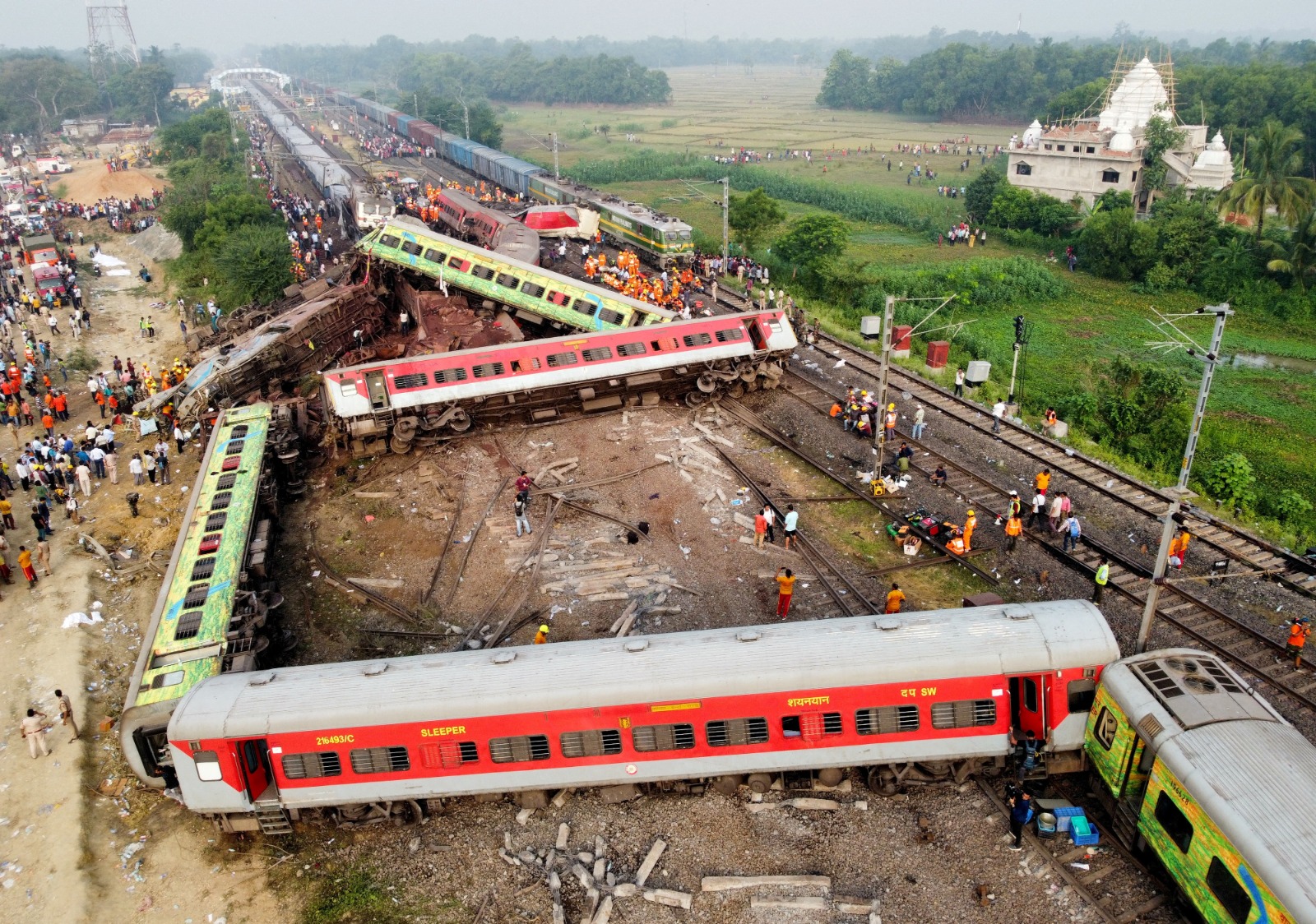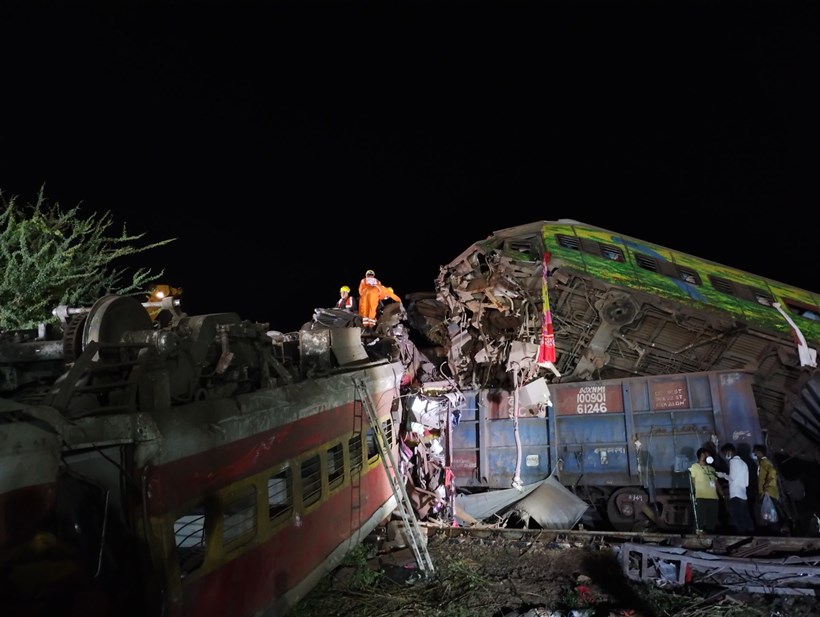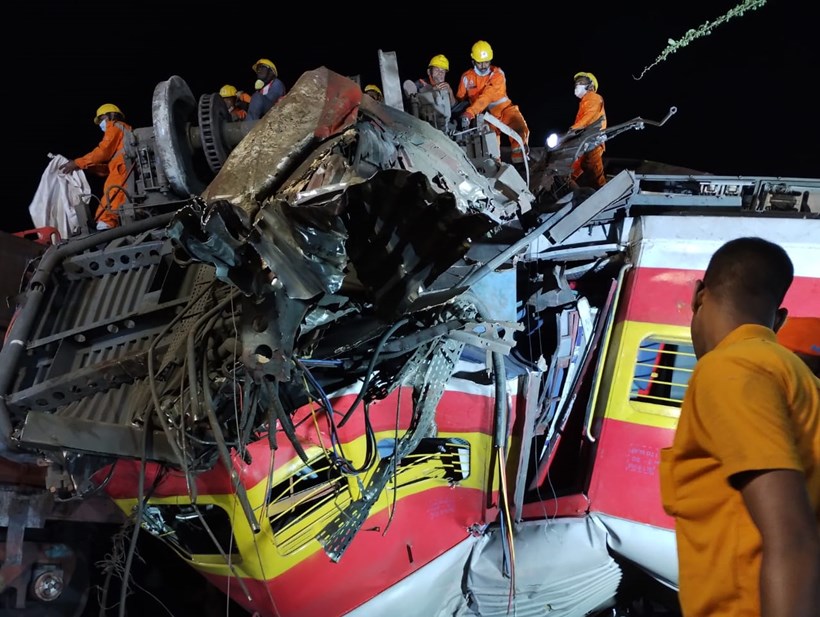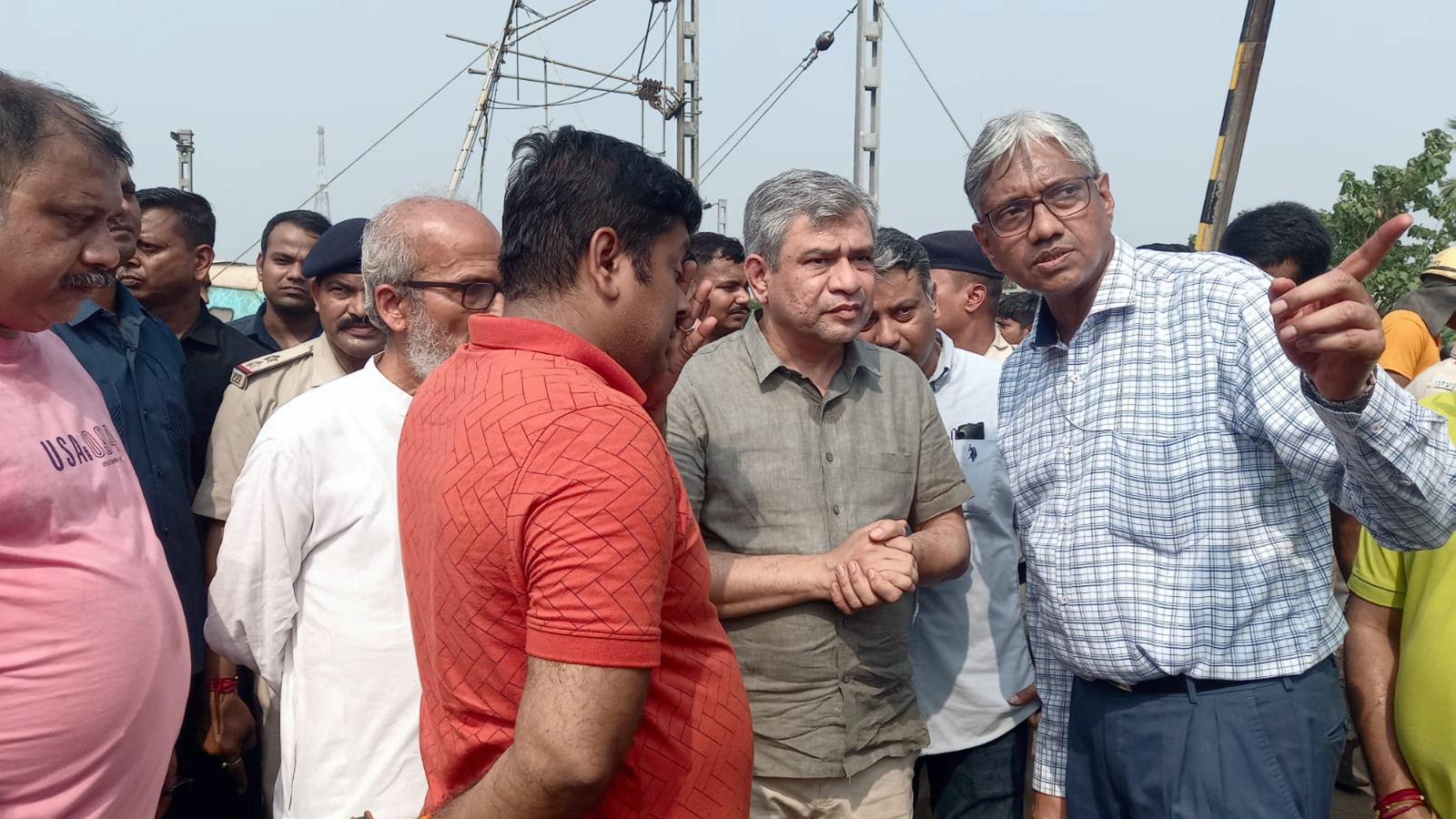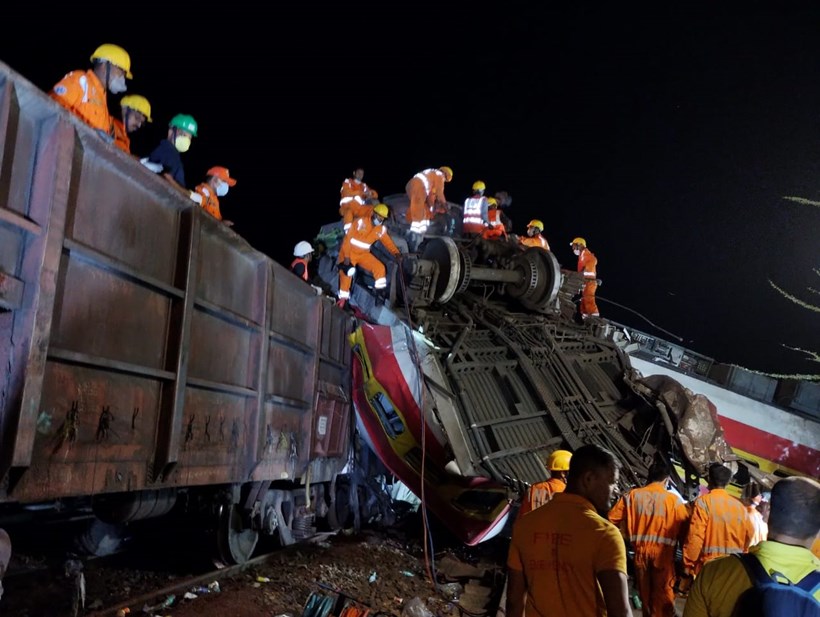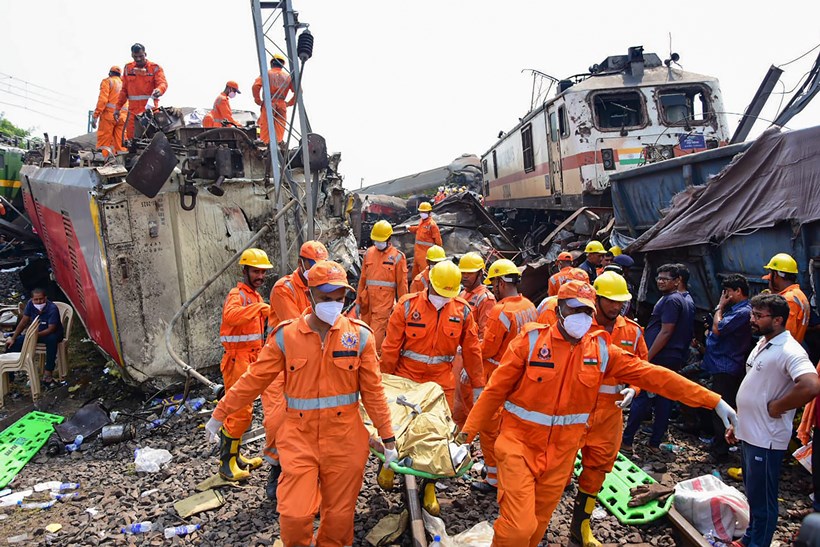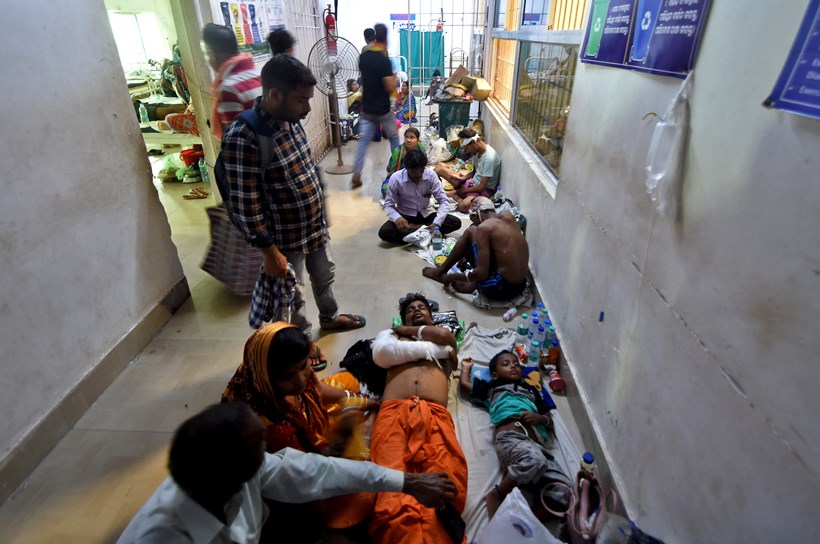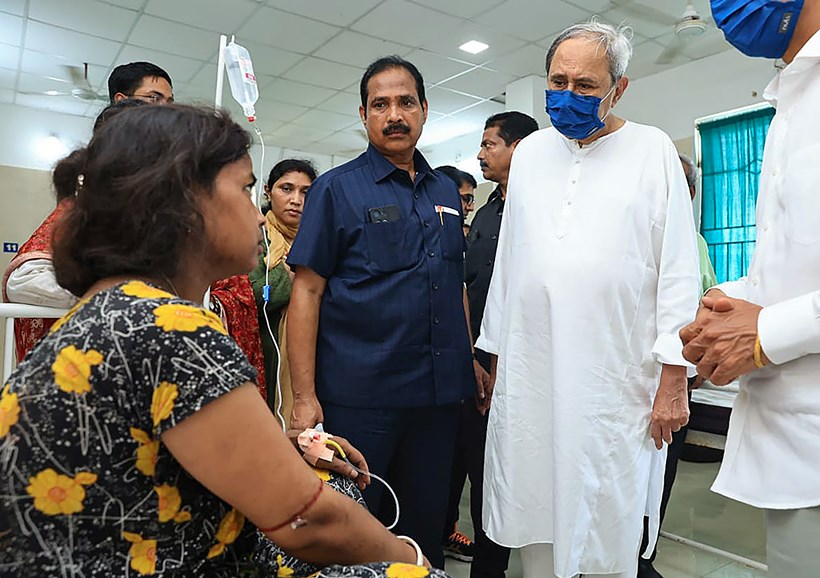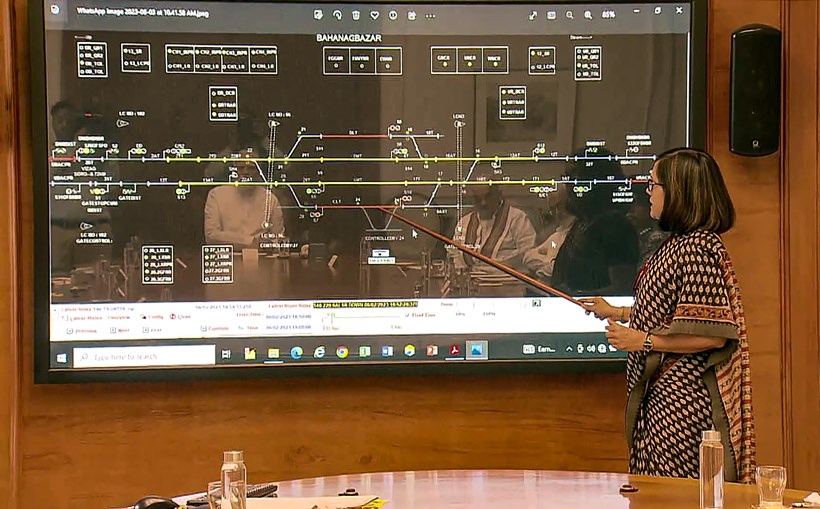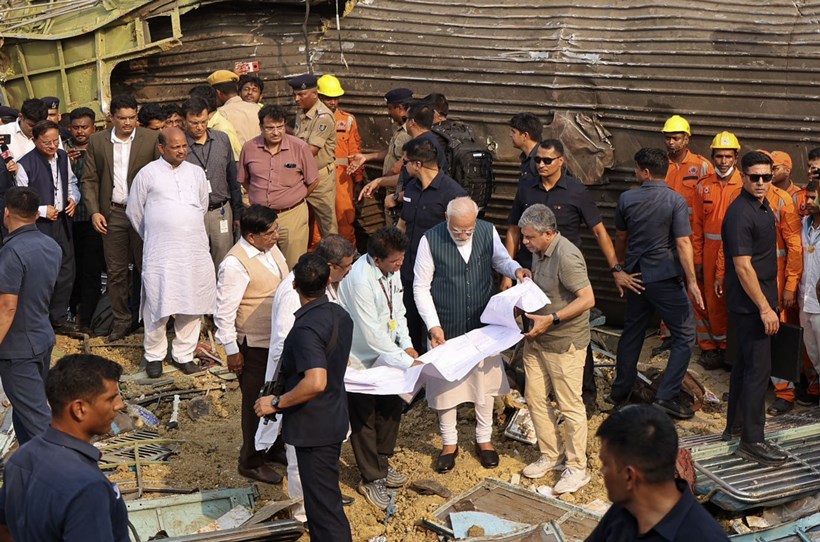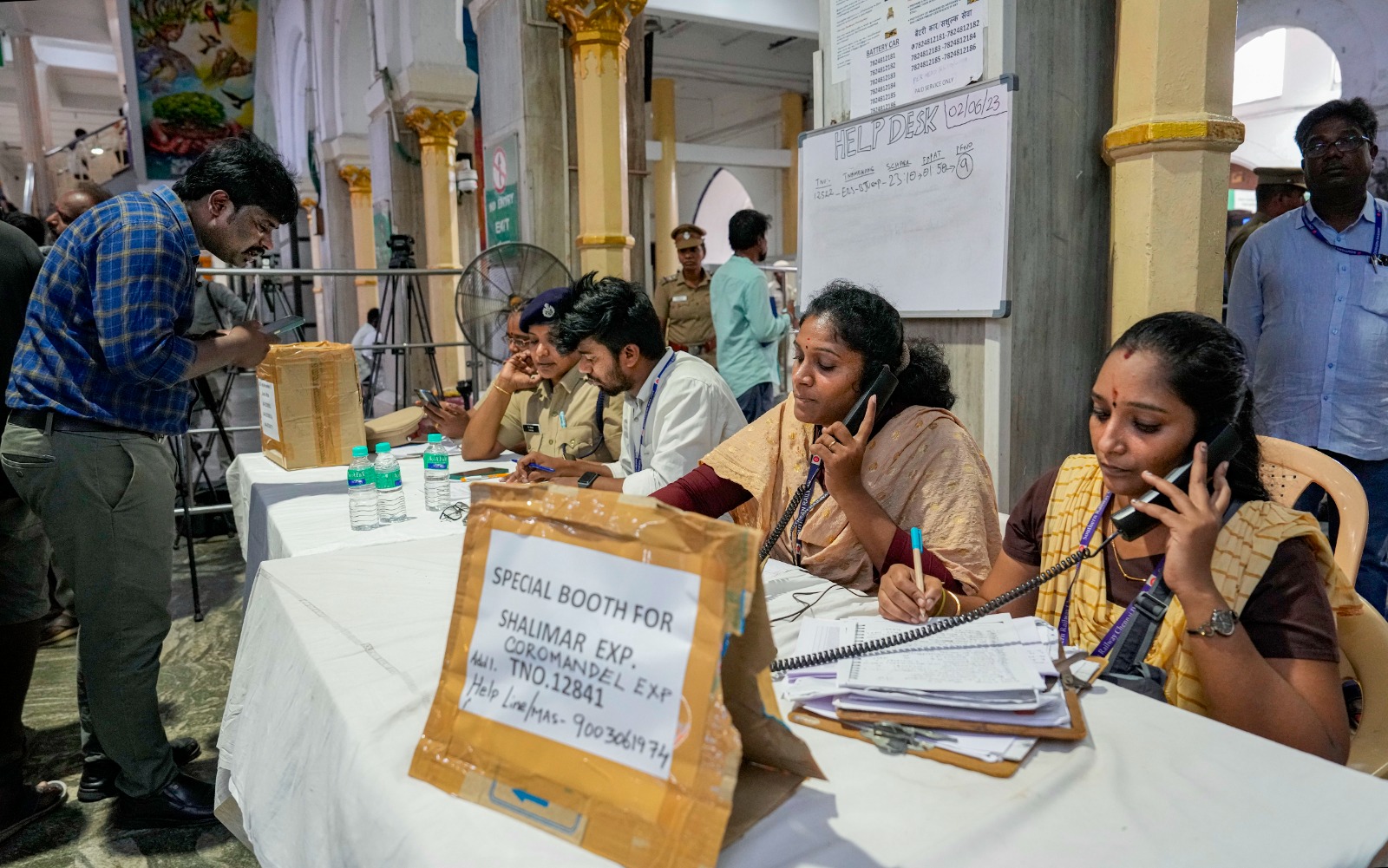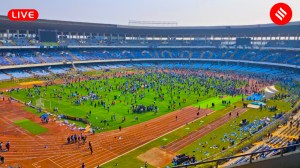The report — Performance Audit on Derailment in Indian Railways — was tabled in Parliament in December 2022. It shows that the major factor responsible for derailments was related to “maintenance of tracks”.
It stated that allotment of funds for track renewal works declined over the years and even these funds were not “fully utilised”.
The report shows that out of 217 “consequential train accidents”, 163 were due to derailments, which is around 75 per cent of the total consequential accidents. This was followed by accidents due to fire in trains (20), accidents at unmanned level-crossings (13), collisions (11), accidents at manned level crossing (8), and miscellaneous (2).
The report says the Railway Board classifies train accidents into two categories: Consequential Train Accidents’ and ‘Other Train Accidents’. The former includes train accidents with serious repercussions in terms of either one, or many, or all of: (a) loss of human life, (b) human injury, (c) loss of Railway property, and (d) Interruption to railway traffic.
All other accidents not covered under consequential train accidents come under ‘Other Train Accidents’.
“In the category ‘Other Train Accidents’, 1,800 accidents took place [in the period under review]. The derailments account for 68 per cent (1,229 derailments),” the report states. “Out of 2017 consequential and non-consequential accidents (1,800 + 217), the accidents due to derailments were 1,392 (69 per cent) during 2017-18 to 2020-21.”
Story continues below this ad
The report stated that since “maximum accidents” were reported in the category of derailments, the audit focus remained “on accidents due to derailments”.
1/12

Rescue operation underway following an accident involving Coromandel Express,
Bengaluru-Howrah Express and a goods train, in Balasore district, Saturday, June 3, 2023. (PTI)
2/12

At least 238 people have been killed, and over 900 injured (Photo : Reuters)
3/12

Rescue teams search the wreckage of the trains during a rescue operation after the triple train mishap, in Balasore district. (Express Photo by Partha Paul)
4/12

The accident took place at 7 am yesterday when a passenger train hit the derailed coaches of another train followed by a collision with a goods train causing a crash of several coaches. (Express Photo by Partha Paul)
5/12

Railway Minister Ashwini Vaishav visited the accident site and took stock of the situation (Photo :PTI)
6/12

Visuals from the crash site showed smashed train coaches torn open and twisted train tracks. (Express Photo by Partha Paul)
7/12

NDRF personnel carry out rescue work (PTI Photo)
8/12

People, who were injured in trains collision, lie in a hospital corridor in Balasore district in the eastern state of Odisha, India, June 3, 2023. REUTERS
9/12

Odisha Chief Minister Naveen Patnaik meets an injured at a hospital in Balasore (PTI)
10/12

An official gives a demonstration about the Odisha train accident as Prime Minister Narendra Modi chairs a meeting to take the stock of situation after the mishap, in New
Delhi, Saturday, June 3, 2023. (PTI Photo)
11/12

Prime Minister Narendra Modi takes stock of the situation at the site of the accident in Balasore district, Saturday, June 3, 2023. Union Railways Minister Ashwini Vaishnaw is also seen. (PTI Photo)
12/12

Emergency helpline number has been released by the Odisha Government ( Photo : PTI)
The report stated, “Analysis of 1129 ‘Inquiry Reports’ (81 per cent) of 1,392 derailments accidents in 16 ZRs [Zonal Railways] and 32 divisions revealed that the total damages/loss of assets was reported as Rs 33.67 crore in the selected cases of derailments.”
The audit “also revealed 23 factors responsible for derailments in the selected 1129 cases/accidents over 16 ZRs…. Out of 23 factors, the major factor responsible for derailment was related to ‘maintenance of track’ (167 cases), followed by ‘deviation of track parameters beyond permissible limits’ (149 cases) and ‘bad driving/over speeding’ (144 cases).”
The CAG analysed the performance of Rashtriya Rail Sanraksha Kosh (RRSK) as well. The RRSK was created in 2017-18 with a corpus of Rs 1 lakh crore over a period of five years with an annual outlay of Rs 20,000 crore — Rs 15,000 crore from Gross Budgetary Support and Rs 5,000 crore out of Railways Internal Resources. The audit noted that Gross Budgetary Support of Rs 15,000 crore had been contributed, but the actual generation of internal resources of Railways for funding of the remaining Rs 5,000 crore per year to RRSK fell short of target during these four years, the report noted.
Story continues below this ad
“Thus, short deployment of funds by Railways from internal resources to the tune of Rs 15,775 crore (78.88 per cent) out of the total share of Rs 20,000 crore had defeated the primary objective of creation of RRSK to support absolute safety in Railways,” it said.
The report highlighted that allotment of funds for track renewal works declined from Rs 9,607.65 crore (2018-19) to Rs 7,417 crore in 2019-20. “The funds allocated to track renewal works were also not fully utilized,” it said. “Out of 1127 derailments during 2017-21, 289 derailments (26 per cent) were linked to track renewals.”

